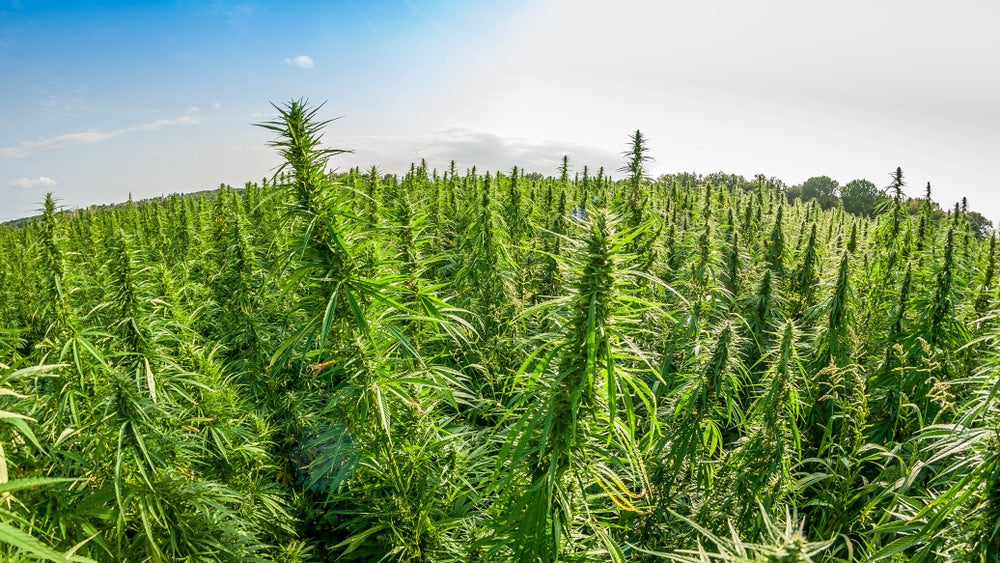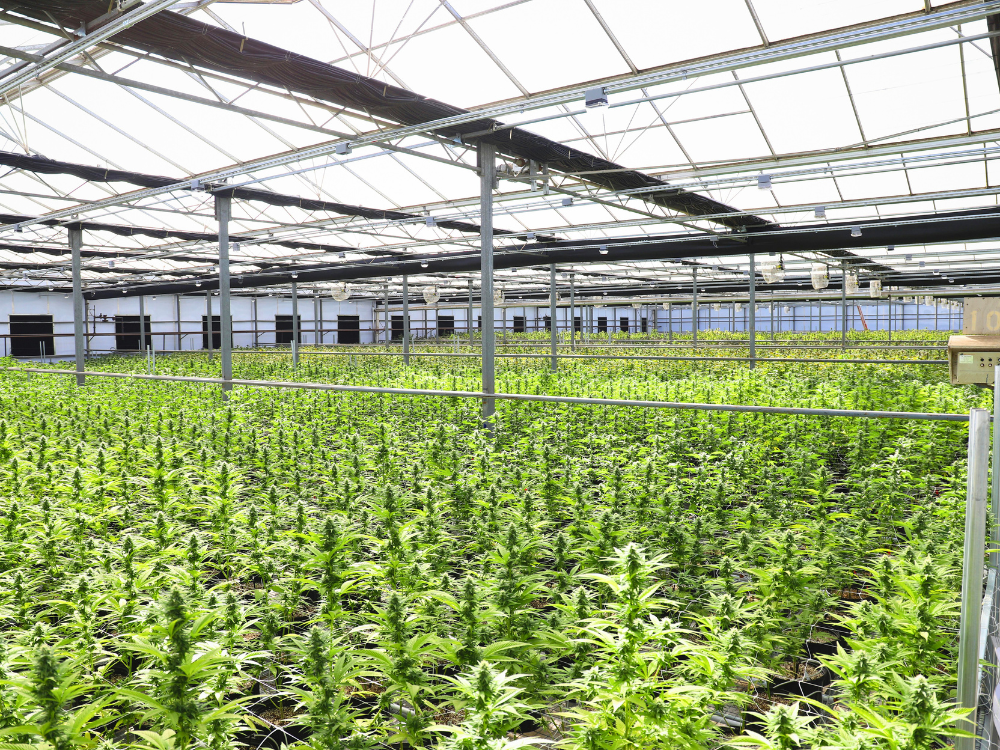Exploring the World of Cannabinoids: THCV, CBD, CBN, and CBG
Welcome to our comprehensive guide on four fascinating cannabinoids: THCV, CBD, CBN, and CBG. As the world of cannabis and hemp-derived products continues to evolve, it's essential to understand the unique properties and potential benefits of these compounds. In this article, we'll take a deep dive into each cannabinoid, shedding light on their distinct characteristics and potential therapeutic uses.
THCV
THCV, or tetrahydrocannabivarin, is a lesser-known cannabinoid that shares a structural similarity with THC (tetrahydrocannabinol). However, THCV has a unique profile that sets it apart:
-
Properties: THCV is known for its psychoactive effects, but they tend to be shorter-lived and less intense than THC. It is an antagonist of the CB1 receptor, which may mitigate some of THC's effects.
-
Potential Benefits: Research suggests that THCV may help regulate appetite, making it a potential aid in weight management. It also shows promise in managing conditions like diabetes and anxiety.
CBD
CBD, or cannabidiol, has garnered significant attention in recent years due to its potential therapeutic properties and lack of psychoactivity:
-
Properties: CBD is non-psychoactive, meaning it won't produce the "high" associated with THC. It interacts with the endocannabinoid system, which regulates various bodily functions.
-
Potential Benefits: CBD has been explored for its potential to reduce anxiety, alleviate pain and inflammation, and even manage seizures in certain epilepsy syndromes. It's also popular for promoting overall wellness and relaxation.
CBN
CBN, or cannabinol, is a cannabinoid that forms as THC ages and breaks down. Although it is typically found in low concentrations, it possesses unique qualities:
-
Properties: CBN is mildly psychoactive, but its effects are generally much less pronounced than THC. It is known for its sedative properties.
-
Potential Benefits: CBN is often associated with promoting relaxation and aiding in sleep. It may also have antibacterial properties and potential as an appetite stimulant.
CBG
CBG, or cannabigerol, is considered the "mother cannabinoid" because it serves as the precursor to other cannabinoids like THC, CBD, and CBC:
-
Properties: CBG is non-psychoactive and interacts with both CB1 and CB2 receptors in the endocannabinoid system.
-
Potential Benefits: Research on CBG is in its early stages, but it shows promise in various areas, including pain relief, anti-inflammatory effects, and potential use in conditions like glaucoma and inflammatory bowel disease.
The world of cannabinoids is rich and diverse, with each compound offering unique properties and potential health benefits. Whether you're seeking relief from a specific condition or simply exploring ways to enhance your overall well-being, understanding cannabinoids like THCV, CBD, CBN, and CBG can be a valuable resource. As research continues, we look forward to uncovering even more about these fascinating compounds and their potential contributions to the field of health and wellness. Stay informed and make informed choices on your journey through the world of cannabinoids.





